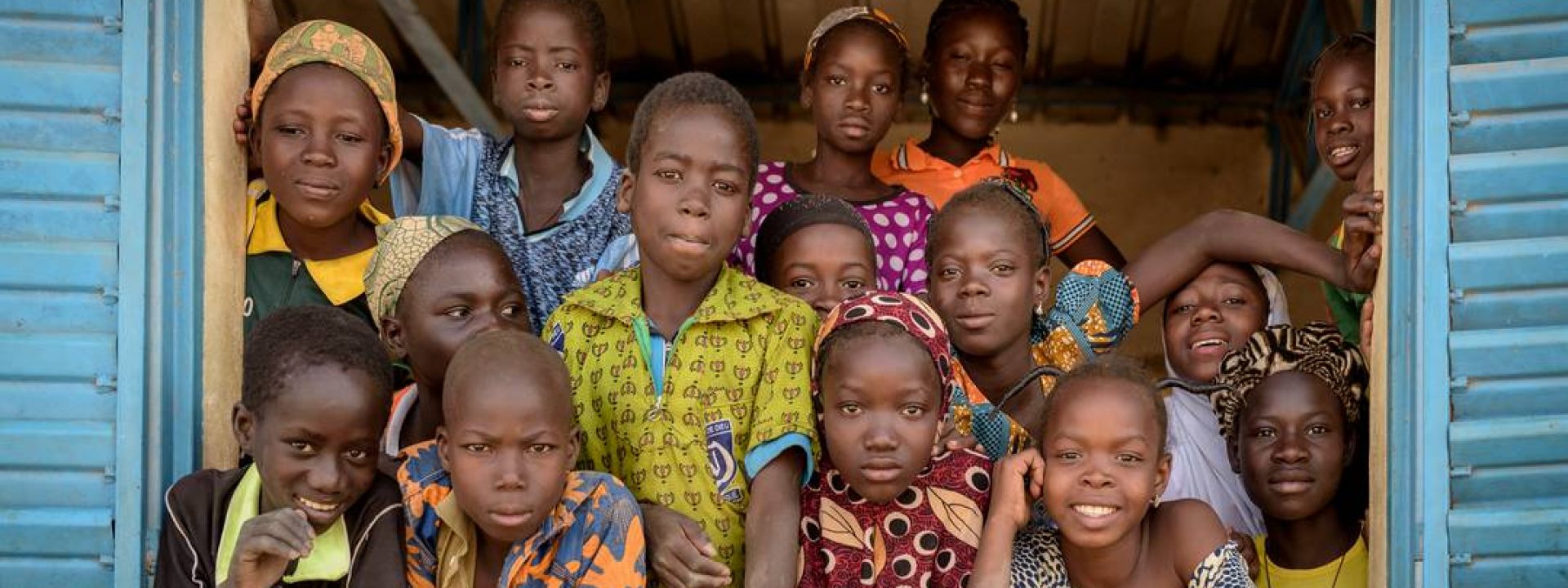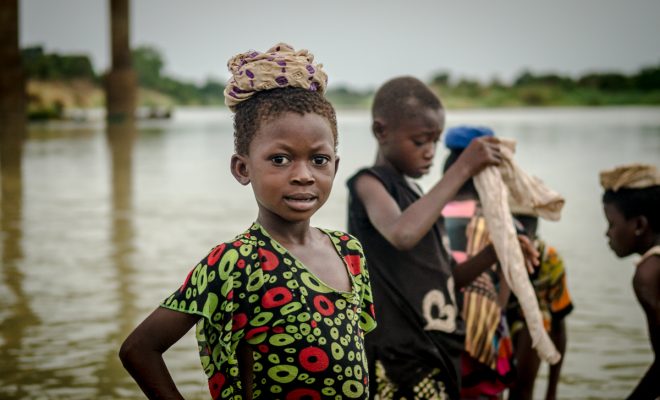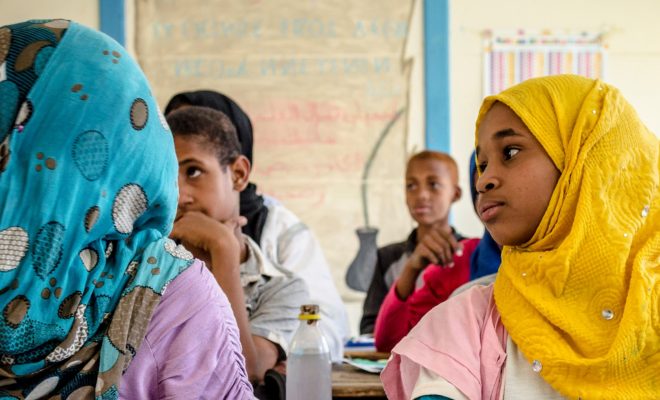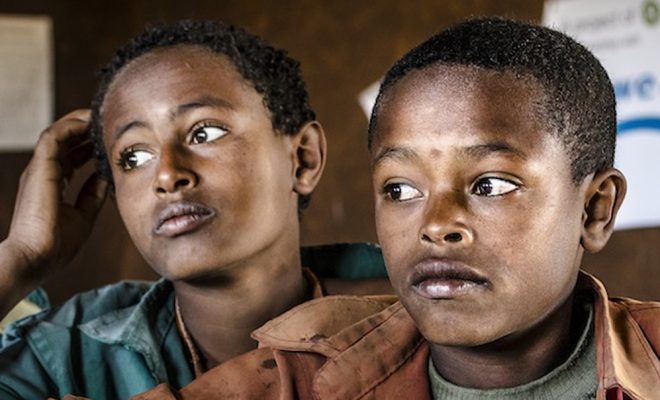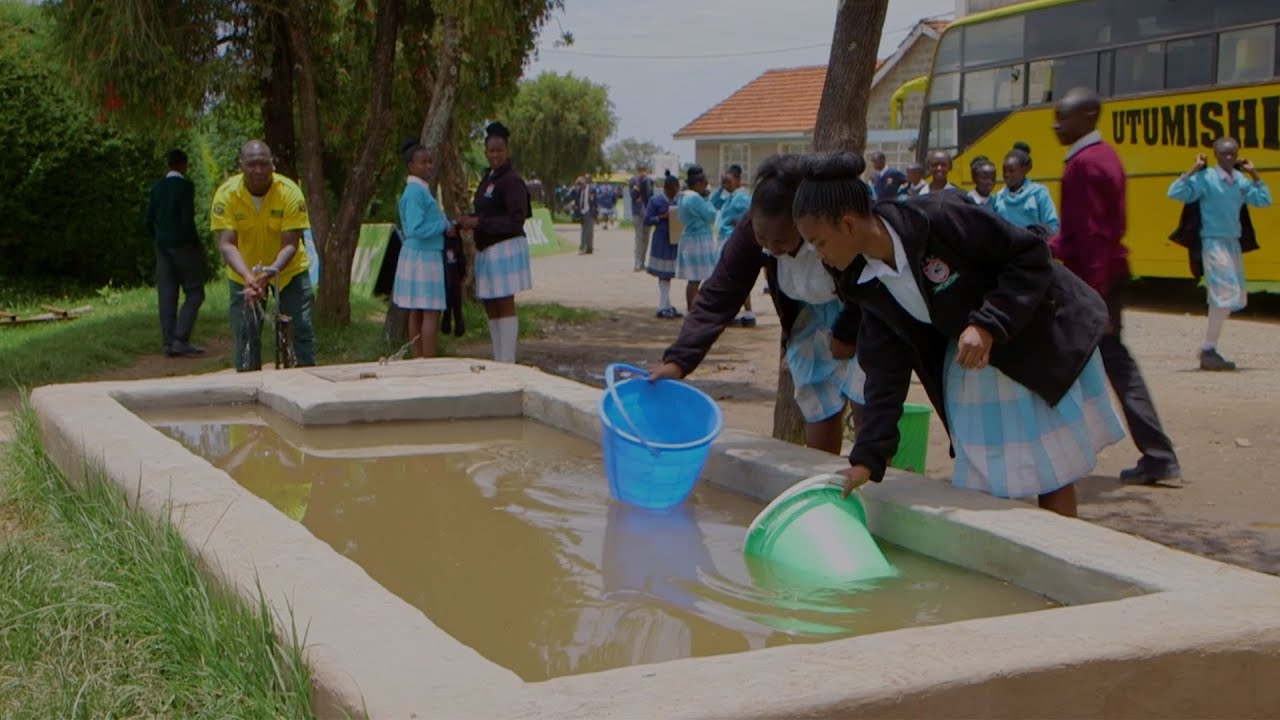
Patrick Mwalua is a conservationist at the Tsavo National Park in Taita-Taveta County in Kenya. In this country, located in eastern equatorial Africa, there are two dry season periods, the first one from December to January and the second one from June to September. Climate change is affecting their periodicity and the amount of rainfall in the wet seasons.
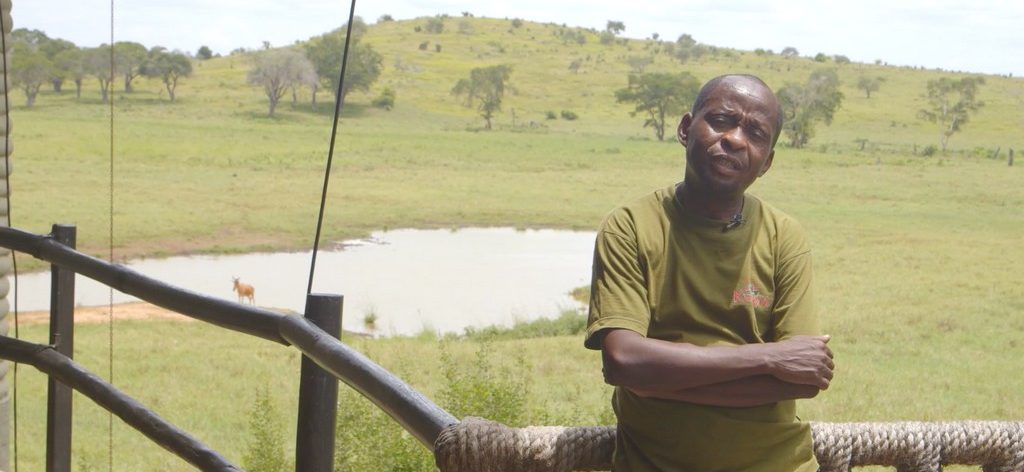
Patrick Mwalua is a conservationist at the Tsavo National Park in Taita-Taveta County in Kenya.
Years ago and due to the increasingly long dry seasons, Patrick detected that various animal species had serious difficulties to find water to drink. In 2016, a severe drought hit the country and thousands of animals in the reserves died; it was the trigger for Patrick to organize the provision of water with water trucks and refill waterholes: “I decided to help the animals, because animals are not to blame for climate change and humans are.”
Kenya’s natural parks are among the largest biosphere reserves in the world. They are also very accurate sensors of how climate changes affect biodiversity. For decades, they have been the scene of the danger of extinction of many species that are very sensitive to the instability of climatic seasons.
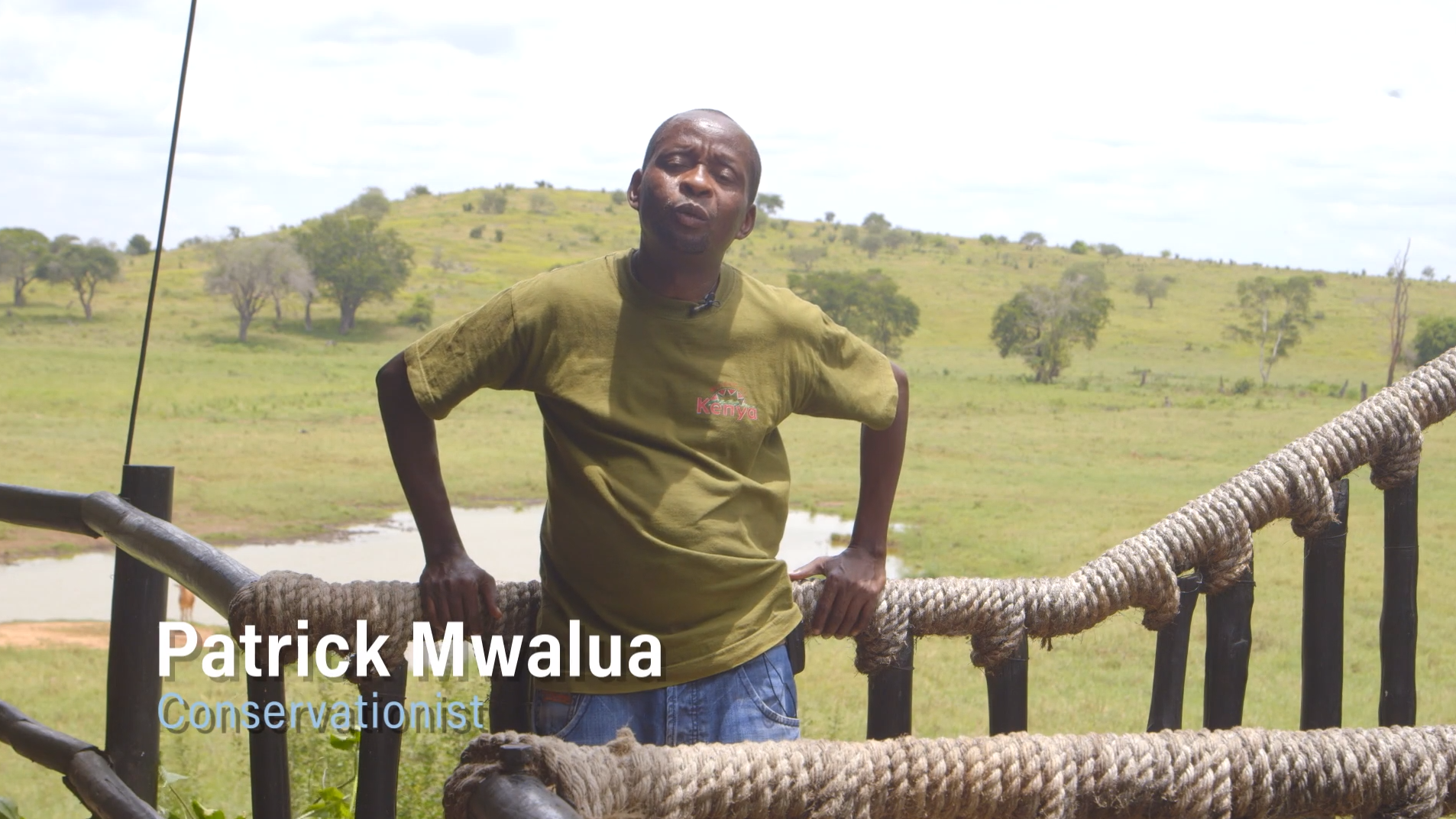
Environmentalists, by Mwangi, shortlisted micro-documentary at the We Art Water Film Festival 5.
Patrick’s example has become a message for schoolchildren in his country, who consider him a hero. Some 400 km from Tsavo Park, students at the Karima Girls High School are aware of climate change and how the lack of water is harming animals, the environment and their own lives. The short film shows how they revise the methods being implemented in their school to preserve the environment, save water and energy. The girls deliver a useful and necessary message with a global reach: “helping to protect natural resources is easier than you think and climate change concerns all living beings.”
Their example is the hope of Africa and the world in the face of uncertainty. The future of the planet depends on young people and schoolchildren are the most effective drivers of the change needed to attain the SDGs. Not only will they pass on to their families everything they have learned, but also, most importantly, their enthusiasm for applying this knowledge.
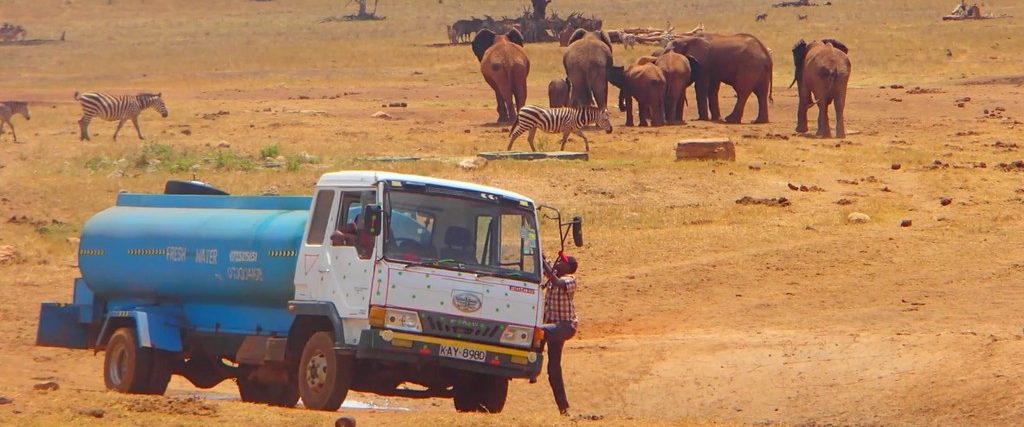
The Patrick’s example is the hope of Africa and the world in the face of uncertainty.
In the article With sanitation, education is possible we explain why education is vital for the most disadvantaged countries to overcome poverty and our expertise developing projects that have benefitted more than 205,000 schoolchildren and teachers. In all these projects the main added value, after achieving their health, dignity and safety, is that students are able to convey the culture of water and sanitation and the dissemination of hygiene practices to their entire community. They are already agents for change in their communities in India, Thailand, Bangladesh, Guinea-Bissau, Bolivia, Morocco, Lebanon and Nicaragua. They are the best guarantee of endurance and resilience in the face of climate change. Humanity depends on them.
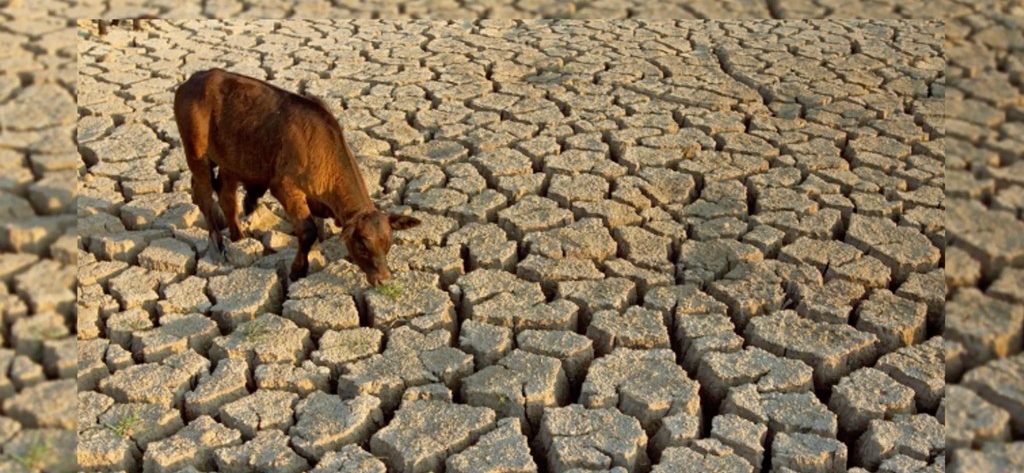
In 2016, a severe drought hit Kenya and thousands of animals in the reserves died.


